Cognitive Bias: Self-Serving Bias
Principal Category: Cognitive Biases
Authors:
• Tim McGuinness, Ph.D. – Anthropologist, Scientist, Director of the Society of Citizens Against Relationship Scams Inc.
The Self-Serving Bias, a cognitive tendency, leads individuals to attribute success to their abilities and efforts, while blaming external factors for failure. This bias impacts crime victims, fostering self-blame and guilt.
It perpetuates illusions by emphasizing strengths and achievements while overlooking faults and failures. Motivational and cognitive processes influence it, alongside cultural and clinical considerations. Research utilizes self-reports and physiological manipulations to understand its mechanisms. In scams, victims may succumb to the bias, justifying interactions with strangers and reinforcing trust.
Understanding this bias is crucial in navigating its influence on decision-making and perception. Explore more biases in the SCARS MANUAL OF COGNITIVE BIASES.

Self-Serving Bias
The Self-Serving Bias refers to the tendency for people to take credit for their successes and to blame others for their failures.
This Cognitive Bias – The Self-Serving Bias can affect crime victims by leading them to feel that they are somehow responsible for the crime that was committed against them. They may blame themselves for not being more careful or for not doing something to prevent the crime. This can lead to feelings of guilt and self-blame, which can further exacerbate the trauma of the crime.
A self-serving bias is any cognitive or perceptual process that is distorted by the need to maintain and enhance self-esteem, or the tendency to perceive oneself in an overly favorable manner.
It is the belief that individuals tend to ascribe success to their own abilities and efforts, but ascribe failure to external factors. When individuals reject the validity of negative feedback, focus on their strengths and achievements but overlook their faults and failures, or take more credit for their group’s work than they give to other members, they are protecting their self-esteem from threat and injury. These cognitive and perceptual tendencies perpetuate illusions and errors, but they also serve the self’s need for esteem.
Studies have shown that similar attributions are made in various situations, such as the workplace, interpersonal relationships, sports, and consumer decisions (such as when you buy a good product, you made a good decision, but when you buy a bad one it was the manufacturer’s fault).
Both motivational processes (self-enhancement, self-presentation) and cognitive processes (i.e. locus of control, self-esteem) influence the self-serving bias. There are both cross-cultural (individualistic and collectivistic culture differences) and special clinical population (i.e. depression) considerations within the bias. Much of the research on the self-serving bias has used participant self-reports of attribution based on experimental manipulation of task outcomes or in naturalistic situations. Some more modern research, however, has shifted focus to physiological manipulations, such as emotional inducement and neural activation, in an attempt to better understand the biological mechanisms that contribute to the self-serving bias.
One final aspect of this bias applies to scam victims at the very beginning of the scam. Of course, we all know that talking to strangers was a mistake, and that stranger trust helps to pull the victim in, but so does the Self-Serving Bias because it helps to convince the victim that they deserve whatever the fake relationship is providing.
More Cognitive Biases: SCARS MANUAL OF COGNITIVE BIASES (scampsychology.org)
Important Information for New Scam Victims
- See more at www.ScamVictimsSupport.org – a SCARS Website for New Scam Victims
IMPORTANT NOTE: This article is intended to be an introductory overview of complex psychological, neurological, physiological, or other concepts, written primarily to help victims of crime understand the wide-ranging actual or potential effects of psychological trauma they may be experiencing. The goal is to provide clarity and validation for the confusing and often overwhelming symptoms that can follow a traumatic event. It is critical to understand that this content is for informational purposes only and does not constitute or is not a substitute for professional medical advice, diagnosis, or treatment. If you are experiencing distress or believe you are suffering from trauma or its effects, it is essential to consult with a qualified mental health professional for personalized care and support.

Welcome to the SCARS INSTITUTE Journal of Scam Psychology
A Journal of Applied Scam, Fraud, and Cybercrime Psychology – and Allied Sciences
A dedicated site for psychology, victimology, criminology, applied sociology and anthropology, and allied sciences, published by the SCARS INSTITUTE™ – Society of Citizens Against Relationship Scams Inc.
TABLE OF CONTENTS
A Question of Trust
At the SCARS Institute, we invite you to do your own research on the topics we speak about and publish, Our team investigates the subject being discussed, especially when it comes to understanding the scam victims-survivors experience. You can do Google searches but in many cases, you will have to wade through scientific papers and studies. However, remember that biases and perspectives matter and influence the outcome. Regardless, we encourage you to explore these topics as thoroughly as you can for your own awareness.
Please Leave A Comment
Recent Comments
On Other Articles
[better_recent_comments number=”5″ format=”{avatar} on {post}: “{comment}” {date}” avatar_size=”20″]
A Note About Labeling!
We often use the term ‘scam victim’ in our articles, but this is a convenience to help those searching for information in search engines like Google. It is just a convenience and has no deeper meaning. If you have come through such an experience, YOU are a Survivor! It was not your fault. You are not alone! Axios!
Statement About Victim Blaming
Some of our articles discuss various aspects of victims. This is both about better understanding victims (the science of victimology) and their behaviors and psychology. This helps us to educate victims/survivors about why these crimes happened and to not blame themselves, better develop recovery programs, and to help victims avoid scams in the future. At times this may sound like blaming the victim, but it does not blame scam victims, we are simply explaining the hows and whys of the experience victims have.
These articles, about the Psychology of Scams or Victim Psychology – meaning that all humans have psychological or cognitive characteristics in common that can either be exploited or work against us – help us all to understand the unique challenges victims face before, during, and after scams, fraud, or cybercrimes. These sometimes talk about some of the vulnerabilities the scammers exploit. Victims rarely have control of them or are even aware of them, until something like a scam happens and then they can learn how their mind works and how to overcome these mechanisms.
Articles like these help victims and others understand these processes and how to help prevent them from being exploited again or to help them recover more easily by understanding their post-scam behaviors. Learn more about the Psychology of Scams at www.ScamPsychology.org
Psychology Disclaimer:
All articles about psychology, neurology, and the human brain on this website are for information & education only
The information provided in these articles is intended for educational and self-help purposes only and should not be construed as a substitute for professional therapy or counseling.
While any self-help techniques outlined herein may be beneficial for scam victims seeking to recover from their experience and move towards recovery, it is important to consult with a qualified mental health professional before initiating any course of action. Each individual’s experience and needs are unique, and what works for one person may not be suitable for another.
Additionally, any approach may not be appropriate for individuals with certain pre-existing mental health conditions or trauma histories. It is advisable to seek guidance from a licensed therapist or counselor who can provide personalized support, guidance, and treatment tailored to your specific needs.
If you are experiencing significant distress or emotional difficulties related to a scam or other traumatic event, please consult your doctor or mental health provider for appropriate care and support.
Also, please read our SCARS Institute Statement About Professional Care for Scam Victims – here
If you are in crisis, feeling desperate, or in despair please call 988 or your local crisis hotline.
SCARS Institute Resources:
- If you are a victim of scams, go to www.ScamVictimsSupport.org for real knowledge and help
- Enroll in SCARS Scam Survivor’s School now at www.SCARSeducation.org
- To report criminals, visit reporting.AgainstScams.org – we will NEVER give your data to money recovery companies like some do!
- Sign up for our free support & recovery help at www.SCARScommunity.org
- Follow us and find our podcasts, webinars, and helpful videos on YouTube: www.youtube.com/@RomancescamsNowcom
- SCARS Institute Songs for Victim-Survivors: www.youtube.com/playlist…
- Learn about the Psychology of Scams at www.ScamPsychology.org
- Dig deeper into the reality of scams, fraud, and cybercrime at www.ScamsNOW.com and www.RomanceScamsNOW.com
- Scam Survivor’s Stories: www.ScamSurvivorStories.org
- For Scam Victim Advocates, visit www.ScamVictimsAdvocates.org
- See more scammer photos on www.ScammerPhotos.com


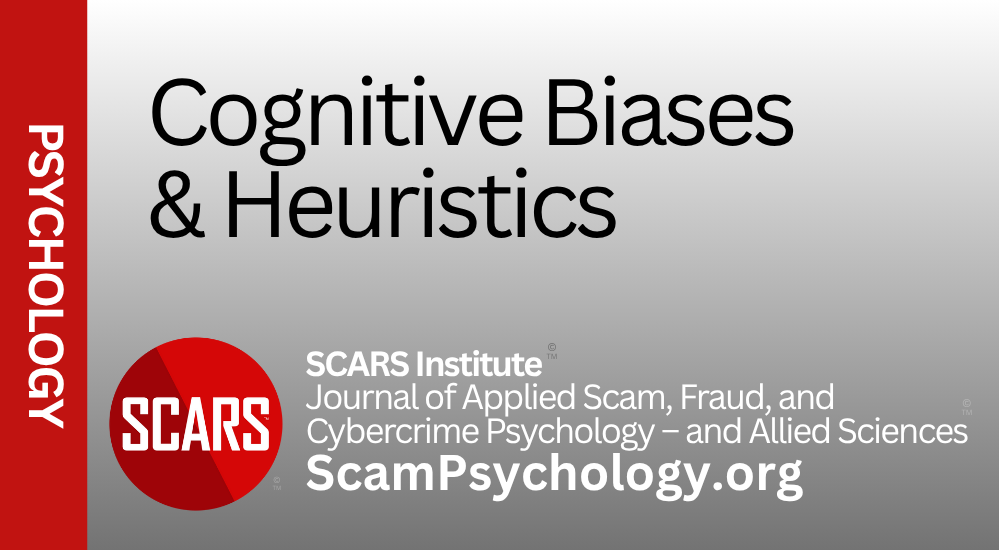
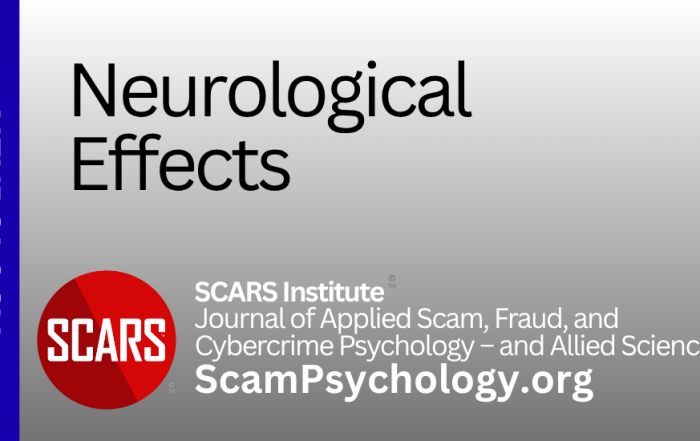

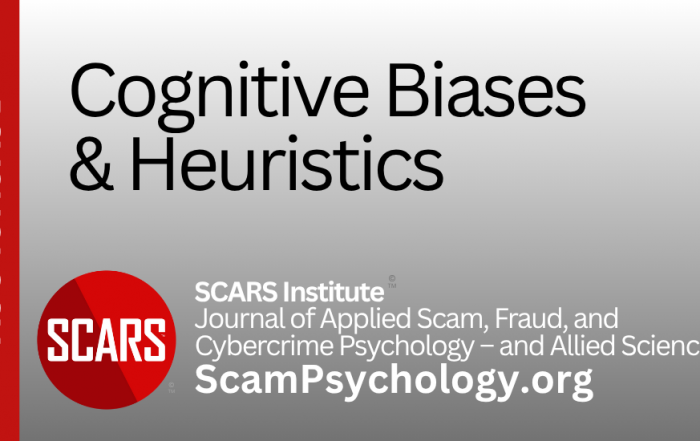
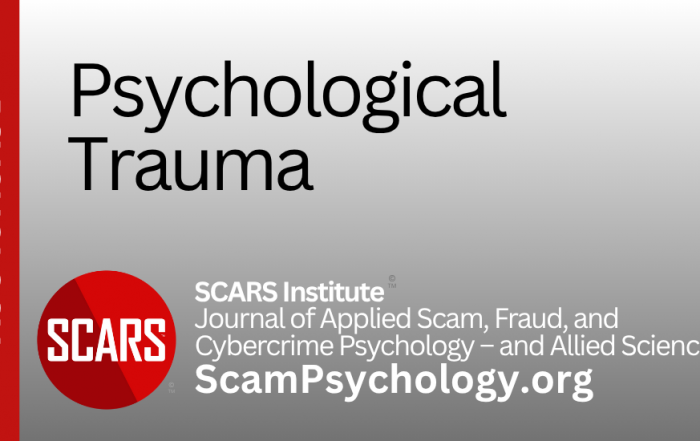
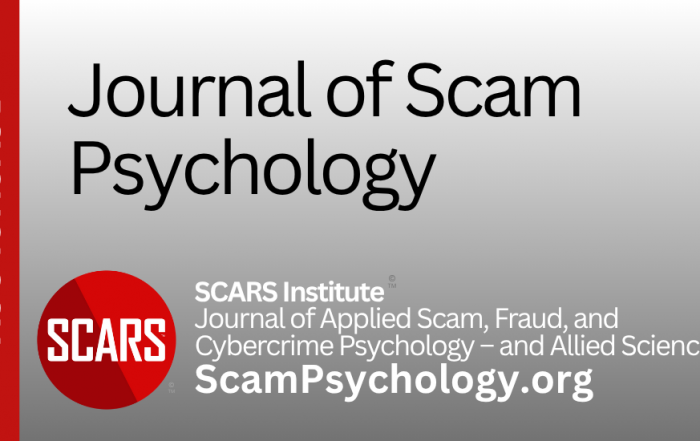
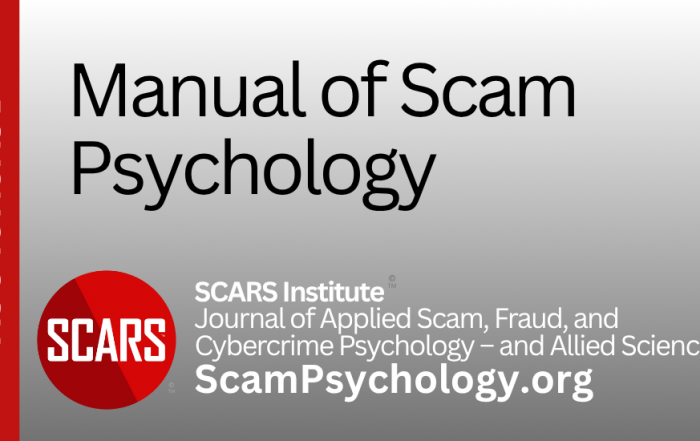

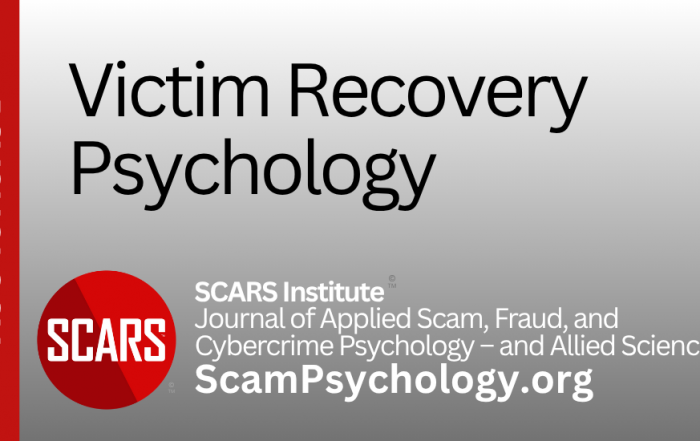
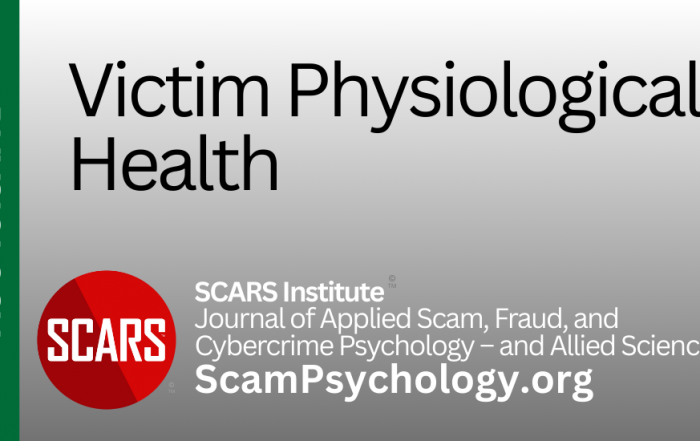

![niprc1.png1_-150×1501-11[1]](https://scampsychology.org/wp-content/uploads/2025/05/niprc1.png1_-150x1501-111.webp)